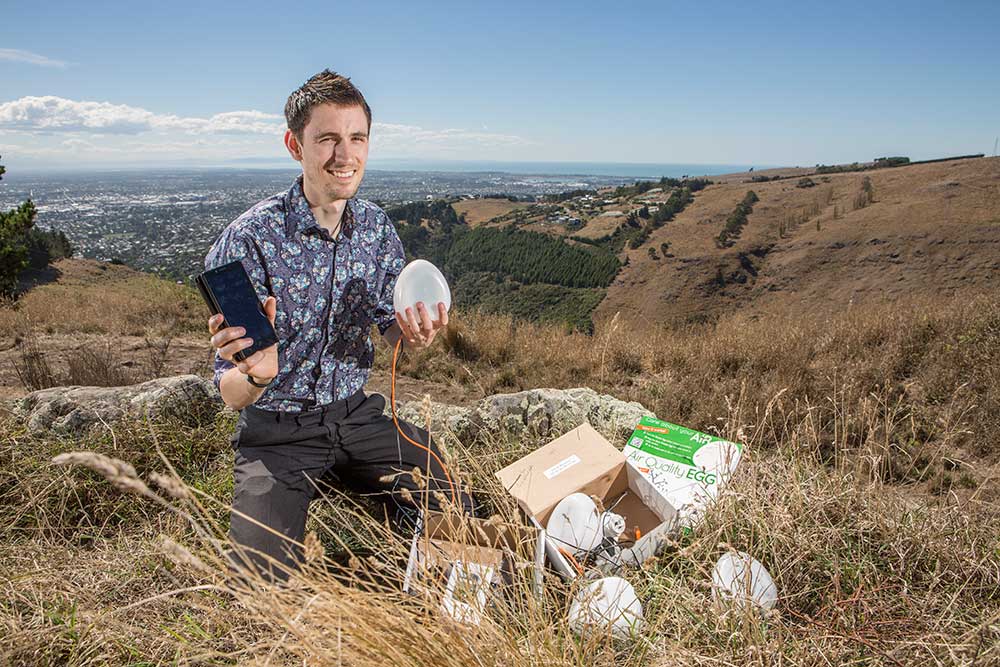Courses
UC offers the following postgraduate programmes in Geography and related areas:
See the individual qualification pages for more information on degree requirements.
Graduate Diploma in Arts and Graduate Diploma in Science specialising in Geography
To complete a GradDipArts or GradDipSc with a Geography focus, you will need to complete at least 60 points in 100 to 300-level GEOG courses throughout their degree. In total 90 points must be at 300-level in the diploma from Geography and/or other Arts or Science courses.
Bachelor of Arts with Honours and Bachelor of Science with Honours majoring in Geography
The Geography major in the BA(Hons) or BSc(Hons) includes GEOG420 Research Project, and another 90 points chosen from 400-level GEOG and GISC courses.
Postgraduate Certificate in Arts and Postgraduate Certificate in Science majoring in Geography
For the PGCertSc, you will need to complete at least 45 points in 400-level GEOG courses for the major. In total 60 points must be completed for the PGCertSc from Geography and/or other Science courses.
All 60 points in the PGCertArts need to be in 400-level GEOG courses for the major. With approval, you may substitute 30 points in your certificate with either PACE495 Professional and Community Engagement Internship or DIGI403 Digital Project with a Geography focus.
Postgraduate Diploma in Arts and Postgraduate Diploma in Science majoring in Geography
In the PGDipSc, the 120 points in the diploma are chosen from 400-level GEOG and GISC courses (GEOG420 Research Project is recommended). With approval, up to 60 points in the diploma may be chosen from other Science subjects.
All 120 points in the PGDipArts are chosen from 400-level GEOG courses. With approval, 30 points in the diploma may be substituted with either PACE495 Professional and Community Engagement Internship or DIGI403 Digital Project with a Geography focus.
Master of Arts majoring in Geography
You will need to complete GEOG660 MA Dissertation, select a minimum of 60 points from 400-level GEOG courses, and select a maximum of 30 points from other Arts courses or PACE495 Professional and Community Engagement Internship.
Master of Arts (Thesis) majoring in Geography
In the MA(Thesis), you will take the thesis course GEOG690 MA Thesis.
Master of Science majoring in Geography
Part I of the MSc in Geography is made up of 120 points from 400-level GEOG and GISC courses. With approval, up to 60 points in the degrees may be chosen from other Science subjects.
Part II of the MSc requires GEOG695 MSc Thesis.
Doctor of Philosophy (PhD) in Geography
In the PhD, you will complete a thesis of original research in the Geography field (GEOG790 Geography PhD).

